
Freedom of Press Threatened: Chinese Diplomats Block Aussie Journalist
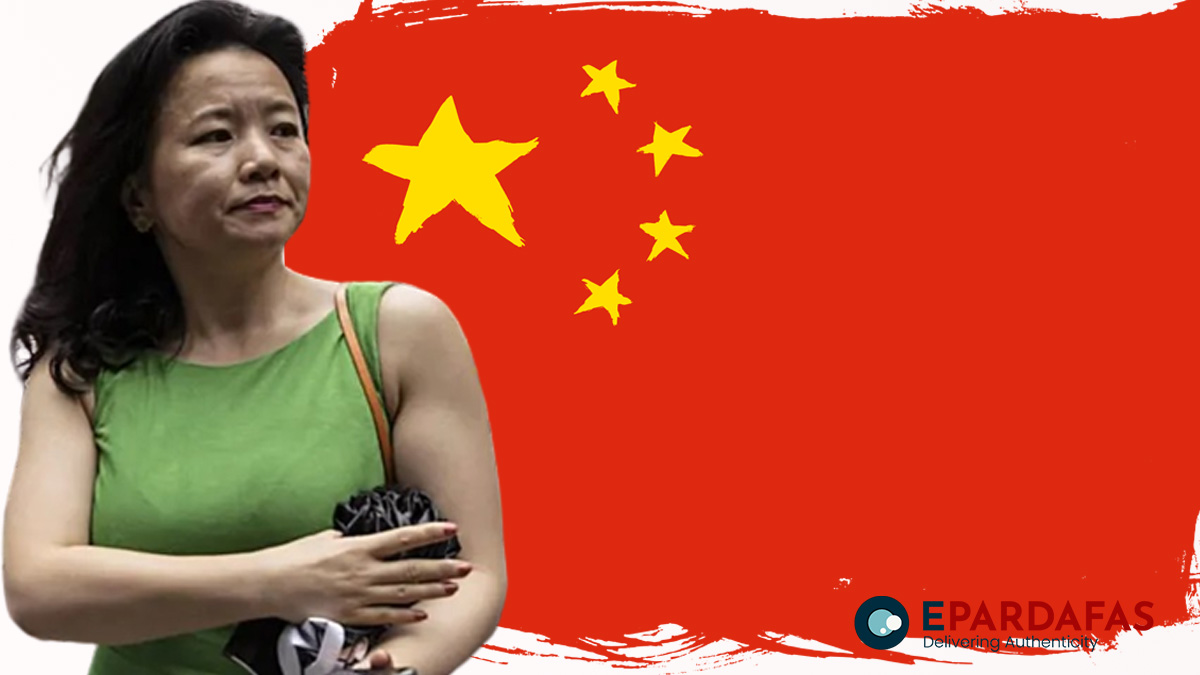
In a troubling incident underscoring ongoing tensions over press freedom, Chinese officials made brazen attempts to obstruct an Australian journalist during Premier Li Qiang’s visit to Canberra. Cheng Lei, a former CGTN anchor who faced imprisonment in China, recounted how officials maneuvered to prevent her from being filmed at a press conference covering Li’s visit.
“They went to great lengths to block me from the cameras and to flank me,” Cheng revealed to Sky News Australia, where she now works. This move, she suspects, aimed to stifle any critical coverage that could portray China unfavorably during Li’s diplomatic visit.
Cheng’s ordeal is marked by a backdrop of severe repercussions for her journalism in China. Previously detained in Beijing in 2020 and later convicted of espionage in a closed trial, her case has drawn international condemnation from press freedom advocates worldwide. Her release to Australia in October 2023 shed light on the stark reality of Chinese authorities’ clampdown on dissent and independent reporting.
The incident at the Australian parliament, captured on social media, depicted two unidentified individuals closely monitoring Cheng’s movements. Although Australian officials intervened by relocating Cheng to a different seat, the presence of these individuals, reportedly Chinese diplomats according to Australian media, raised significant concerns over foreign interference in Australia’s media environment.
Australian Prime Minister Anthony Albanese, while not witnessing the incident firsthand, emphasized the importance of journalists’ unrestricted access within the parliament, affirming that reporters “should be allowed to participate fully” without undue interference.
In response to inquiries, China’s embassy in Canberra remained silent, declining immediate comment on the matter. This reticence adds to growing apprehensions about China’s stance on press freedom and its treatment of journalists critical of its policies.
- Five Ambassadors Take Oath of Office Before President
- Recording Statements of Defendants, Including RSP President Rabi Lamichhane, Begins in Kaski Court
- China Warns U.S. Over Taiwan Military Aid, Accuses Washington of ‘Playing with Fire’
- 101st Birth Anniversary of Nepali Congress Founding Leader Krishna Prasad Bhattarai Commemorated
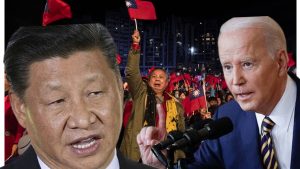
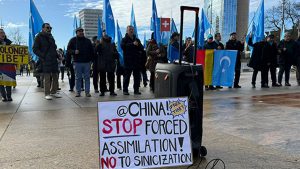


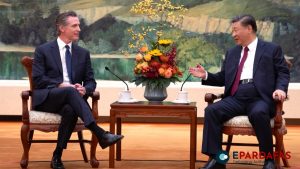
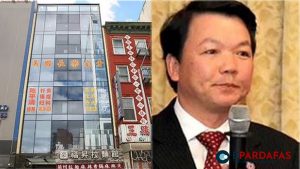





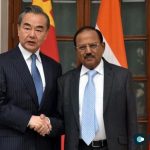
Comments